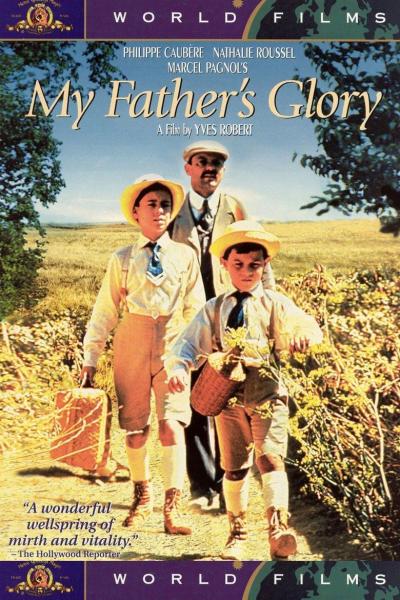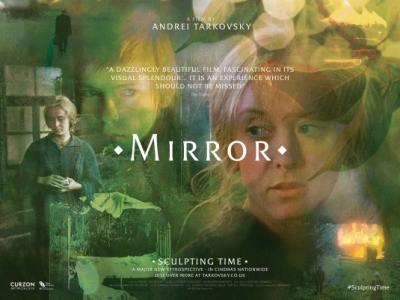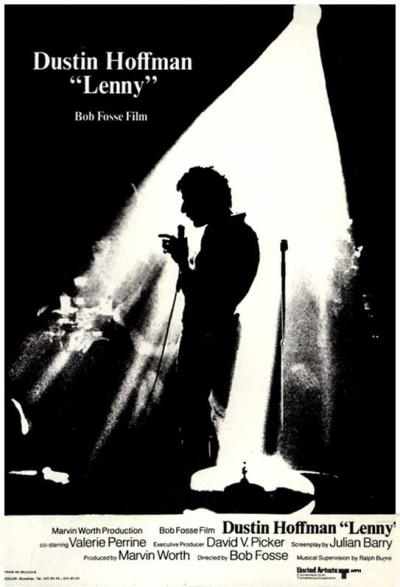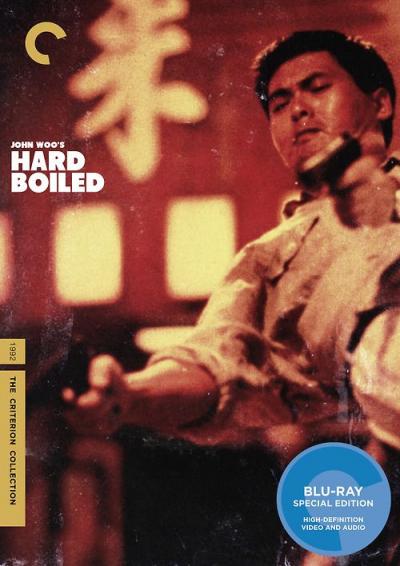My Father's Glory & My Mother's Castle (La Gloire de mon pere, Le Chateau de ma mere)

Knickerbockers and pinafores akimbo
dir: Yves Robert
1990
These two films are really one big film, in the same way that Jean de Florette and Manon de Sources are really one long film. In common with those other flicks, these are also set in the same area of France, being Provence. More intimately, they also share the same author, being Marcel Pagnol.
In this instance, these movies are based on Pagnol’s own life in the early part of the 20th century, in Marseilles and the hills nearby. As such, since real life rarely has the dramatic consistency and neatness of well-written drama, these flicks have a very different dynamic to the masterpieces that start with Jean de Florette. They share the same lush visuals, having been filmed in the same region, but completely different stories, themes, ideas and resolutions.
In some ways, enjoyable ways, My Father’s Glory is one of the truly most bourgeois films ever committed to celluloid. It focuses on the low-key meanderings of a family from 1900 onwards, seen through the eyes of the eldest son Marcel (Julien Ciamaca). That shouldn’t be seen as a criticism, just a description of the time, the place and the family involved.
The patriarch of the family, Joseph (Phillipe Caubere) is a school teacher, and mostly a decent and humble man. He’s not much of a drinker, gambler or wifebeater, which is just lovely. His wife Augustine (Nathalie Roussell) is happy to devote herself to doting on him and their ever-expanding family. She wears frilly outfits and makes enough food to serve an army and never complains about anything, ever, the blessed saint.
Augustine has a spinster sister Rose (Therese Liotard), who won’t be a spinster for long, at least if Marcel has anything to do with it. She becomes attached to a fat bastard called Jules (Didier Pain), who irks patriarchal secular humanist Joseph because he’s a religious man. Through Uncle Jules the families get access to a house in the hilly region between Aubergne and Aix. And thus begins the main character’s love affair with the region.
As a child, Marcel is fairly happy-go-lucky, but, being a child, and a French child at that, he has concerns, hopes, fears and more fears about stuff that wouldn’t cross most of our minds. The Glory of the title comes from the son’s obsession, an understandable one, with having his dad be the big man in front of his new uncle. If anything, the son develops a pathological fixation on his father’s status in this alpha dog eat beta dog society.
The arid hills open up, for all the members of the families, a new vista on life, and as the film’s progress, they spend more and more time in the region, as if the working week is in retreat, and their real life now occurs during the holidays.
Marcel makes friends with a local hillbilly kid, Lili (Joris Molinas), who, despite the name, is a boy. Lili and Marcel bond, and Lili teaches Marcel all about the mountain life, though there are no Deliverance-type elements in the offing.
He teaches him about setting traps for birds (Lili makes his living from poaching), the locations for natural springs (which the hick locals jealously guard), and just to appreciate the place for what it is.
Seeing as they don’t have televisions yet due to their not having been invented, the various peoples need hobbies. The womenfolk are perpetually busy preparing food all the time, so they’re looked after, but the men folk need games like lawn bowls and hunting to keep themselves amused. Uncle Jules makes mention of the game available in the region, and refers almost mystically to the bartavelle: the king of partridges. Joseph and Uncle Jules are going out for some fun. To Marcel it becomes a battle for life and death.


